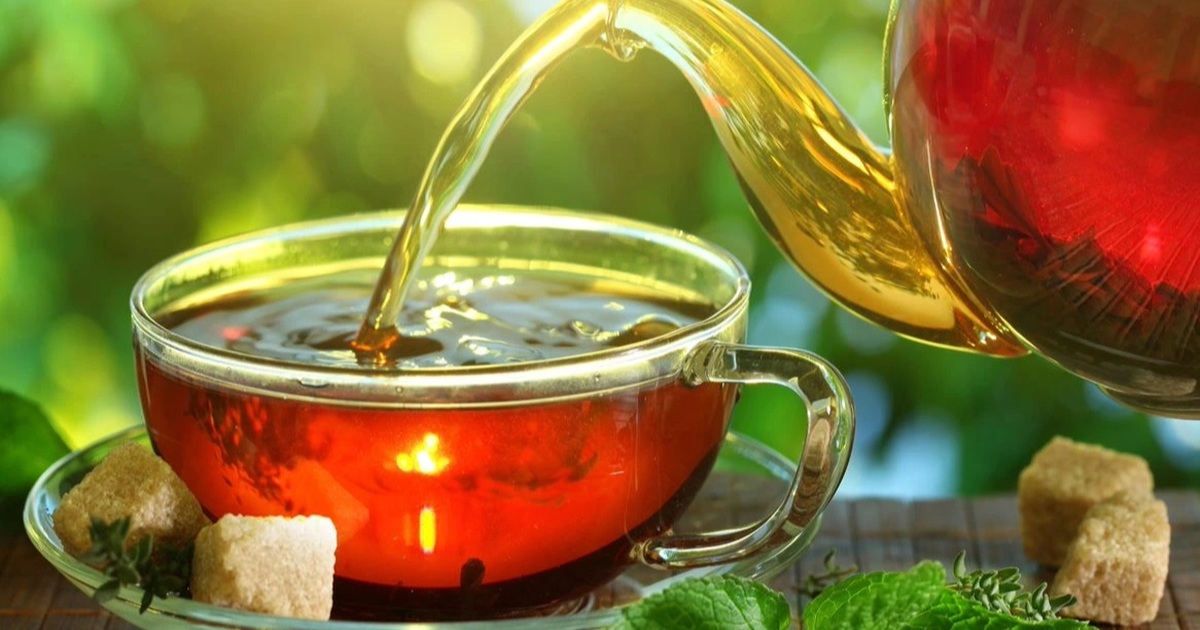In today’s fast-paced lifestyle, choosing between water and tea is not just about personal preference but also closely tied to health, particularly kidney function. So, which habit is better for protecting your kidneys? Let’s explore this in detail below.
Water: The Essential Companion for Your Kidneys
Filtered water plays a crucial role in maintaining kidney health (Photo: Getty).
Kidneys are often compared to the body’s natural “filtering plant,” responsible for eliminating toxins and waste through urine. To perform this function effectively, water is indispensable. When you drink enough water, the concentration of substances in your urine is diluted, reducing the risk of kidney stones and urinary tract issues.
Research shows that people who drink less water tend to have higher levels of calcium oxalate in their urine—one of the main causes of kidney stones. Conversely, drinking sufficient water not only helps kidneys work efficiently but also improves blood circulation and reduces the workload on the kidneys. However, it’s important to drink water correctly. On average, adults should consume around 1.5 to 2 liters of water per day, depending on their weight, activity level, and weather conditions.
Tea: A Complementary Option If Used Correctly
Tea provides benefits when consumed in moderation (Photo: Getty).
Tea, with its delicious flavor and numerous benefits such as antioxidant properties and cardiovascular support, is a favorite beverage for many. However, for kidney health, some aspects of tea need attention. Certain components in tea, like oxalic acid and caffeine, can increase the risk of kidney stones, especially when consuming strong tea or too much of it.
Caffeine in tea acts as a diuretic, causing the body to lose water more quickly. This can lead to dehydration if not replenished promptly, thereby increasing the burden on the kidneys. Additionally, oxalic acid can raise its levels in urine, posing risks for those with a history of kidney stones.
Despite these concerns, drinking tea in moderate amounts offers significant benefits. Compounds like catechins and polyphenols in green tea have anti-inflammatory properties and help protect kidney health by reducing free radical damage. Therefore, the key lies in balance: don’t replace water entirely with tea, and limit daily intake to 2-3 cups of weak tea to ensure safety.
Balancing Water and Tea: The Secret to Effective Kidney Protection
From a kidney health perspective, water remains the primary necessity and cannot be substituted, while tea should be considered a complementary drink. For individuals at high risk of kidney diseases, such as kidney stones or reduced kidney function, prioritizing water and limiting strong tea consumption is essential.
To optimally protect your kidneys, maintain the habit of drinking water regularly throughout the day in small sips. This ensures consistent hydration without overwhelming the kidneys. If you enjoy tea, opt for low-oxalate green teas, consume them in moderation, and avoid strong brews to minimize potential harm.
Kidney health isn’t something that can be improved overnight. Taking care of your kidneys requires persistence and starting with simple habits like proper hydration and controlled consumption of other beverages. Remember, loving your kidneys means loving your body.
References:
[1] https://dantri.com.vn/suc-khoe/uong-nuoc-loc-hay-tra-tot-hon-cho-than-20250120081351440.htm
[2] Medical studies on the roles of water and tea in kidney health.



